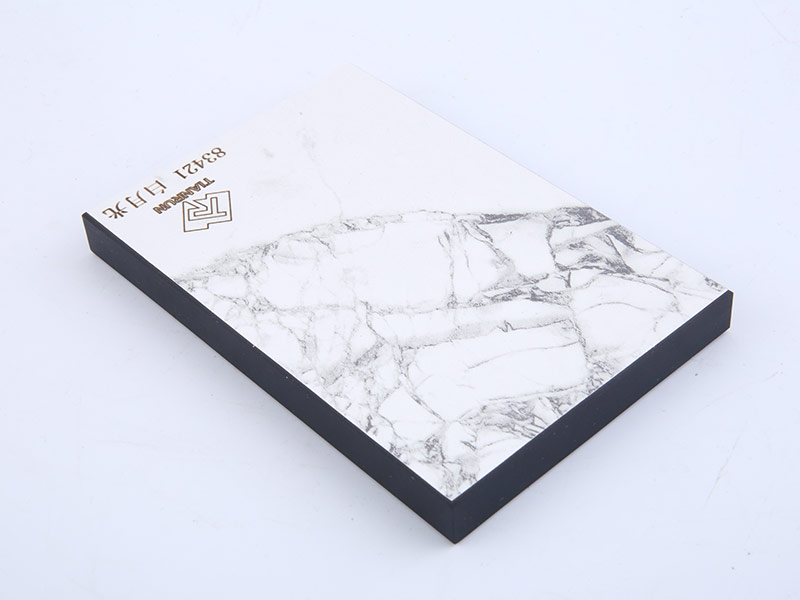Improving building comfort: why Exterior wall cladding is essential for sound insulation
 May 17, 2023|
May 17, 2023| View:184
View:184Exterior wall cladding is an important part of building design. Not only does it provide protection for the elements, but it also plays an important role in sound insulation. Sound insulation is essential for commercial buildings, residential buildings, and any other structure where people live or work. In this article, we will discuss why Exterior wall cladding is critical to the sound insulation of buildings.
Exterior wall cladding is the layer of material that covers the exterior of a building. It serves as a protective barrier against wind, rain and other weather conditions. Exterior wall cladding is available in a variety of materials, including wood, metal, stone and brick. Each material has unique characteristics that make it suitable for different applications. For example, wood cladding is often used because of its aesthetic appeal, while metal cladding offers durability and fire resistance.

One of the most critical roles of Exterior wall cladding is sound insulation. Buildings with excessive ambient noise levels can be uncomfortable for occupants. Noise pollution can interfere with communication, cause stress and disrupt sleep patterns. Exterior wall cladding is critical to providing adequate sound insulation and creating a comfortable living or working environment.
Exterior wall cladding helps suppress sound waves entering a building. When sound waves hit a surface, they bounce back and forth and are heard as echoes within the building. Exterior wall cladding can help reduce these echoes by absorbing some of the sound waves that come in contact with it.
Another way that Exterior wall cladding can help with sound insulation is by reducing sound transmission. Sound can travel through walls, ceilings and floors, which means that even when exterior noise levels are low, interior noise levels are still high. Exterior wall cladding can help reduce sound transmission by increasing the mass of the walls. The larger the walls, the more difficult it is for sound to penetrate.
In addition, the design of the Exterior wall cladding can also affect sound insulation. For example, if the cladding consists of multiple layers or has an air gap between it and the wall, it can further suppress sound waves.
Exterior wall cladding can also help reduce noise pollution from HVAC systems, which generate noise when they operate and which can travel throughout the building. By adding sound-absorbing materials, such as insulation, to the Exterior wall cladding, sound waves can be absorbed before they enter the building.
In summary, Exterior wall cladding plays a critical role in soundproofing a building. Not only does it provide protection, but it can also help create a comfortable living or working environment by reducing noise pollution. The materials used for cladding, the design of the cladding and the addition of sound-absorbing materials all affect the level of sound insulation provided.
Therefore, it is important to consider Exterior wall cladding when designing a building, whether it is a residential or commercial building. By choosing the right materials and design, buildings can achieve optimal sound insulation and create a comfortable environment for occupants. If you need more detailed information, feel free to contact us!


















